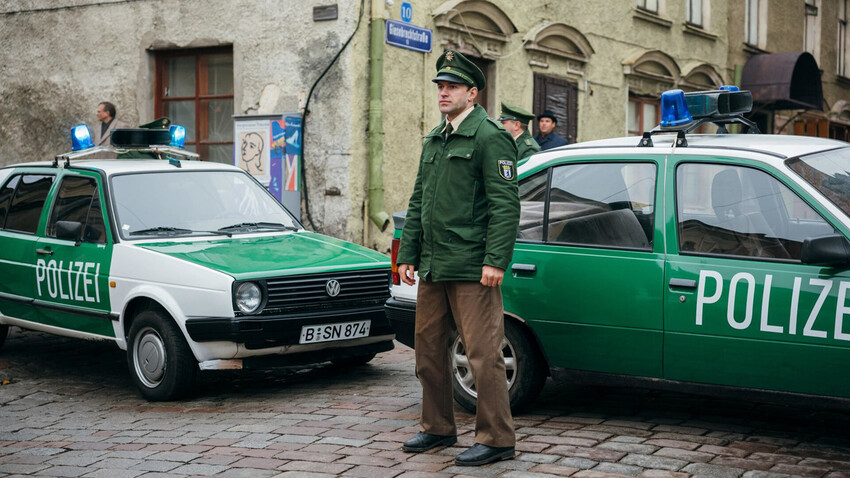
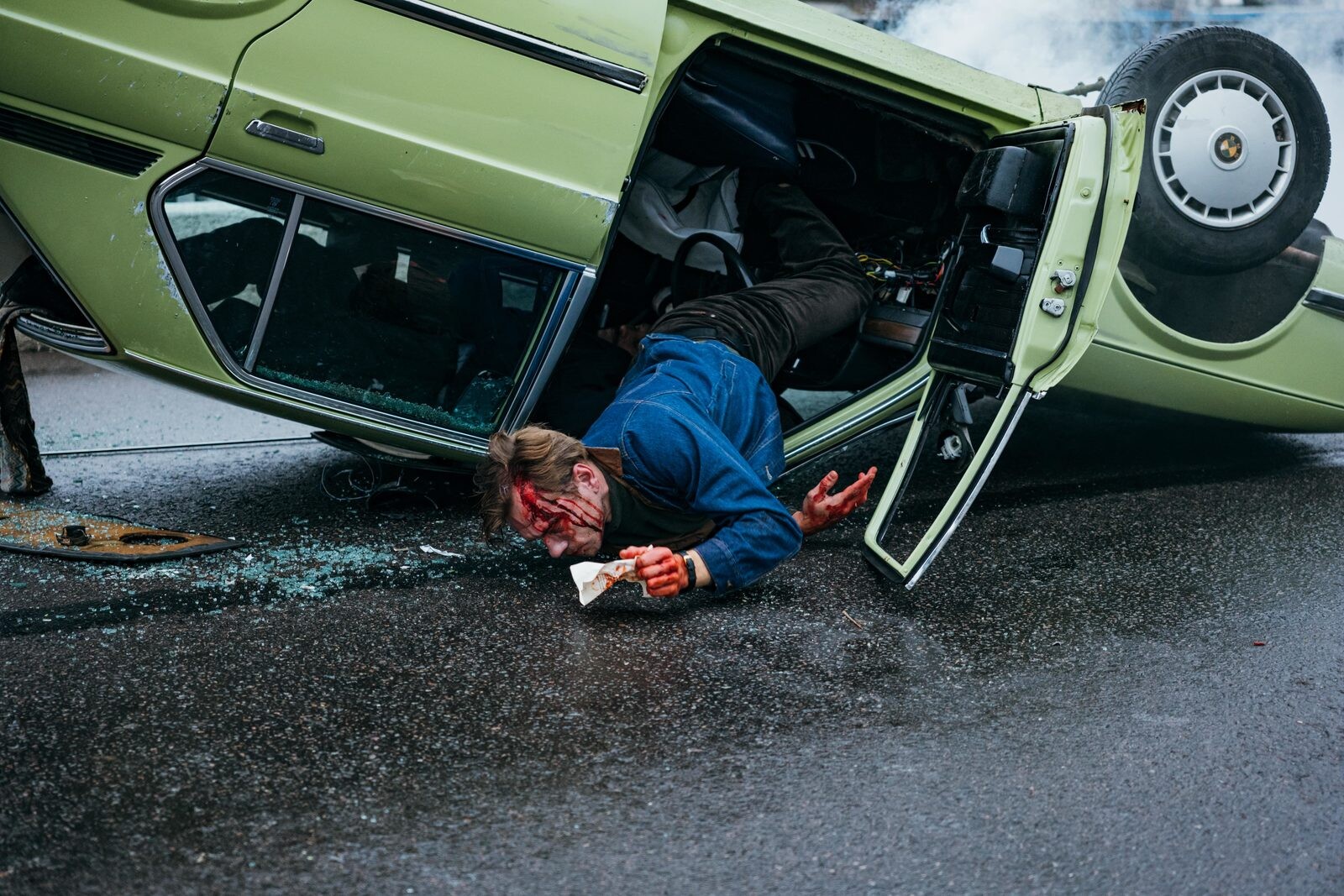
The spy thriller genre never really died – thanks mainly to both the Bond franchise, which has not left the screen for more than 60 years, and Jason Bourne (a much younger franchise – the first movie was released in the early 2000s). However, along with “modern” examples of the genre, where the action takes place in the modern day, retro spy dramas about the Cold War remain popular.
Moreover, perhaps the preferred location of such movies and series remains Berlin. You may recall, for example, three seasons of the TV show ‘Deutschland 83’, ‘Deutschland 86’, ‘Deutschland 89’ (2015-2020), the drama ‘Bridge of Spies’ (2015) by Steven Spielberg and the action movie ‘Atomic Blonde’ (2017) with Charlize Theron. And there is nothing to be surprised about the success of Berlin – the city, divided into “Soviet” and “Western” halves, naturally became the arena of battles for the special services. It’s even strange that a Russian series on such a fertile topic is only now being released.
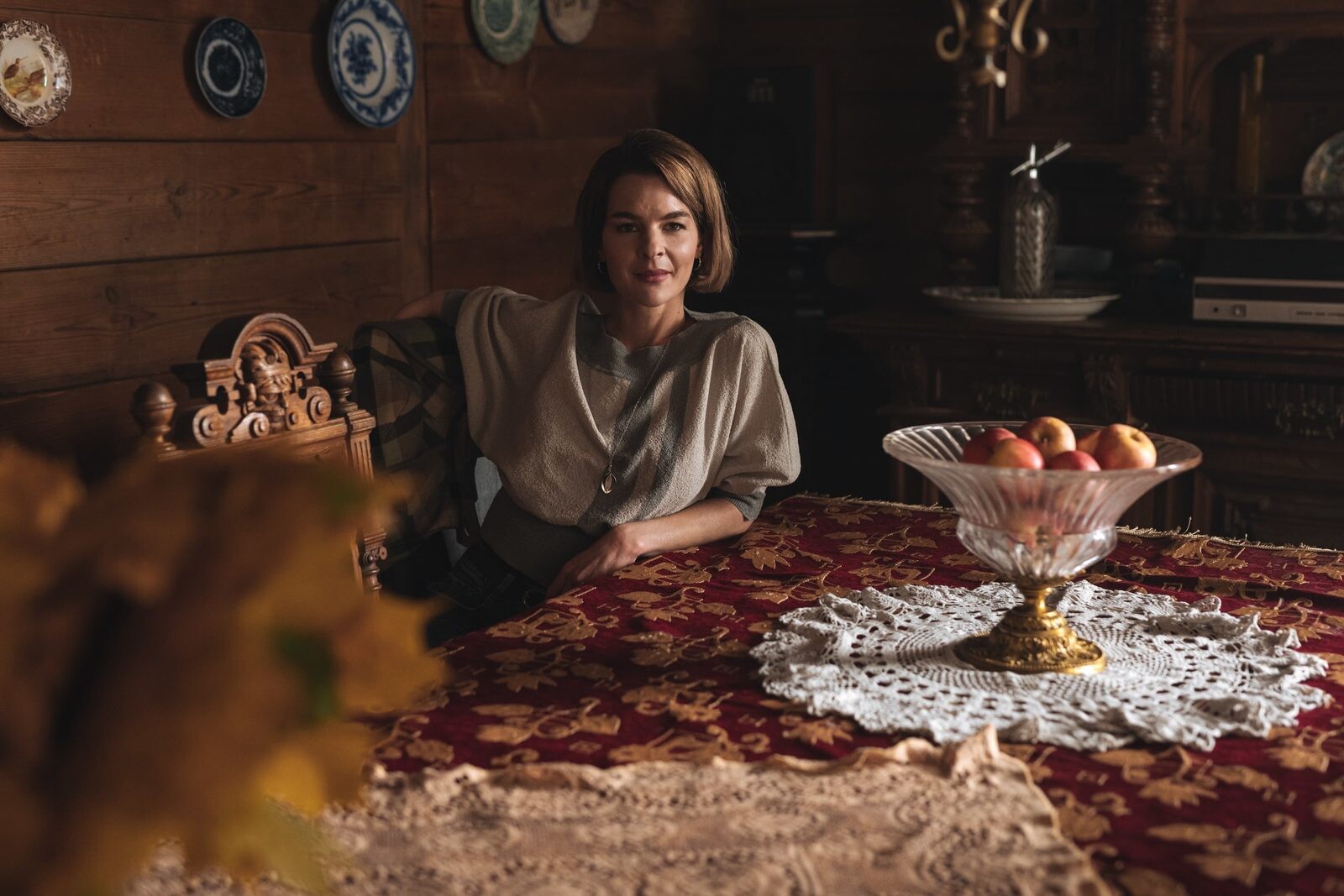
The Soviet past is one of the most popular topics for Russian TV. However, it was precisely the last period in the history of the USSR (1985-1991) that was long ignored by filmmakers. The attention of the world audience to perestroika was, of course, attracted by the hit British-American ‘Chernobyl’ (2019), which retells the story of the infamous accident at the notorious nuclear power plant. Specifically for the Russian viewer, the recent local hit ‘The Boy’s Word’ (2023) was probably a milestone. The saga of Soviet youth gangs broke all possible viewing records and became the No. 1 topic in public discussion for months.
The plot of ‘GDR’ (by the way, the producers of ‘A Boy's Word’ are also among its creators) mainly takes place in the same 1989.
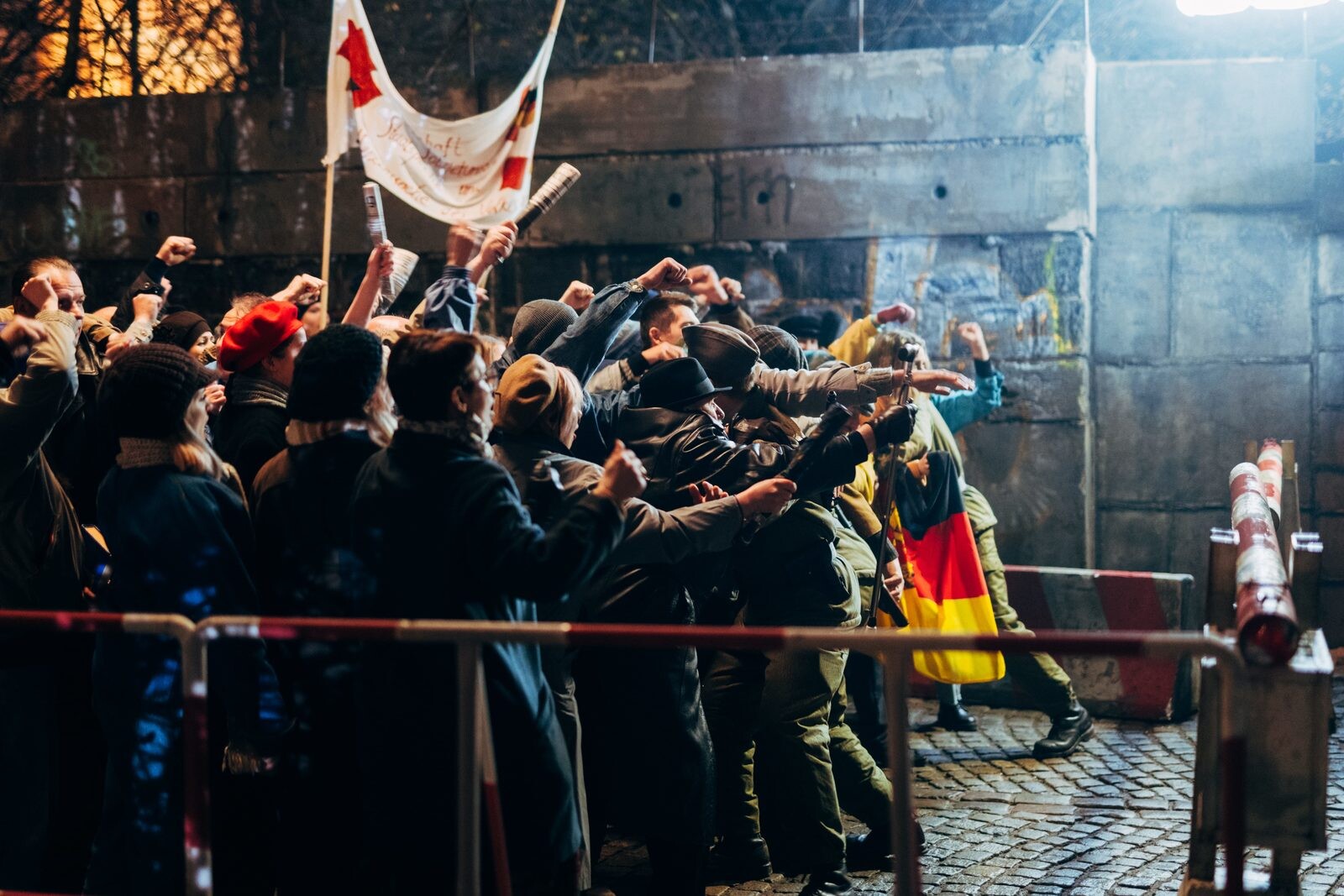
‘GDR’, of course, cannot be called an exercise in the genre of alternative history – the scriptwriters still preserved the basic events of the era, but they took a very creative approach to their explanation and interpretation.
For example, already in the prologue, we learn about the famous flight of German amateur pilot Matthias Rust, who, in May 1987, flew on a light aircraft from Hamburg to Moscow and landed on the Bolshoy Moskvoretsky Bridge next to the Red Square. Soviet air defense forces refused to shoot down the civilian plane, but were unable to force it to land prior to reaching the capital. As a result, the image of the USSR as a military superpower suffered greatly.
According to the authors of the TV show, Rust’s flight was not just a prank of a young guy, but a special operation by the CIA – they had planted a bacteriological weapon on board with him. If Rust were shot down, an outbreak of epidemic proportions could have occurred, but the main character of the series – the fictional KGB agent Alexander Nechaev – manages to warn his colleagues about the provocation, so Rust successfully completes the flight.
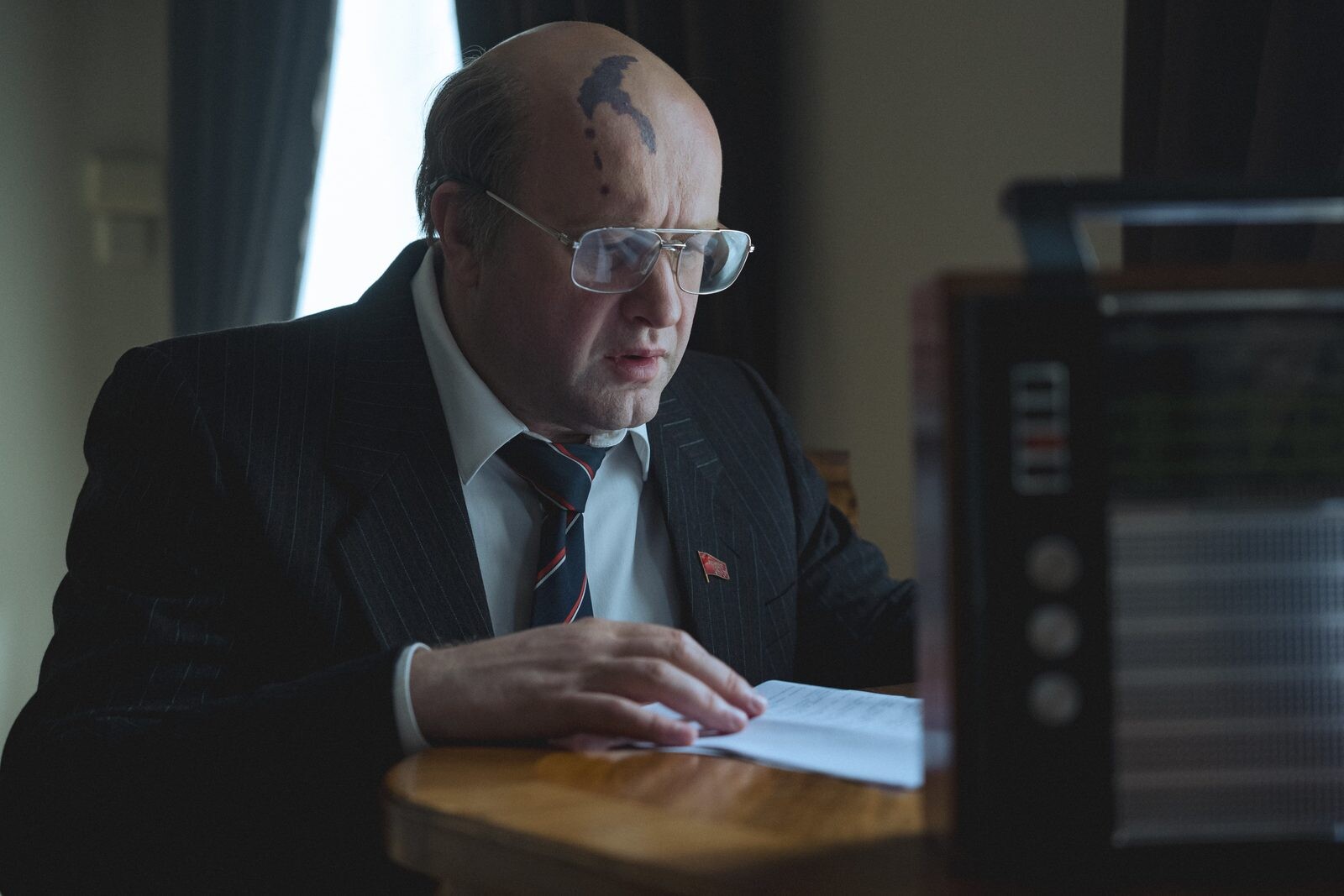
The last leader of the USSR, of course, regularly appeared in movies. But, only in ‘GDR’ did Gorbachev become one of the main characters – his role was played by actor Vitaly Kovalenko, who, thanks to his textured appearance, often plays historical characters. He has already played Vladmir Lenin, Lavrentiy Beria, Pyotr Stolypin and even Napoleon Bonaparte.
However, champions of historical truth will be clearly disappointed when they watch ‘GDR’. The on-screen Gorbachev is very far from his historical prototype and rather illustrates the popular myths of those years. In particular, there was a popular rumor at the time that the country was not actually run by the General Secretary, but by his wife.
Until Raisa Gorbacheva, there, indeed, were no "first ladies" in the USSR, who did not get lost against the background of their husbands and were active in public life. In ‘GDR’, the relationship between the Gorbachevs turns into a tragicomedy – Raisa (played by Madeleine Dzhabrailova) continuously tells her husband in the slightest detail what he should do.
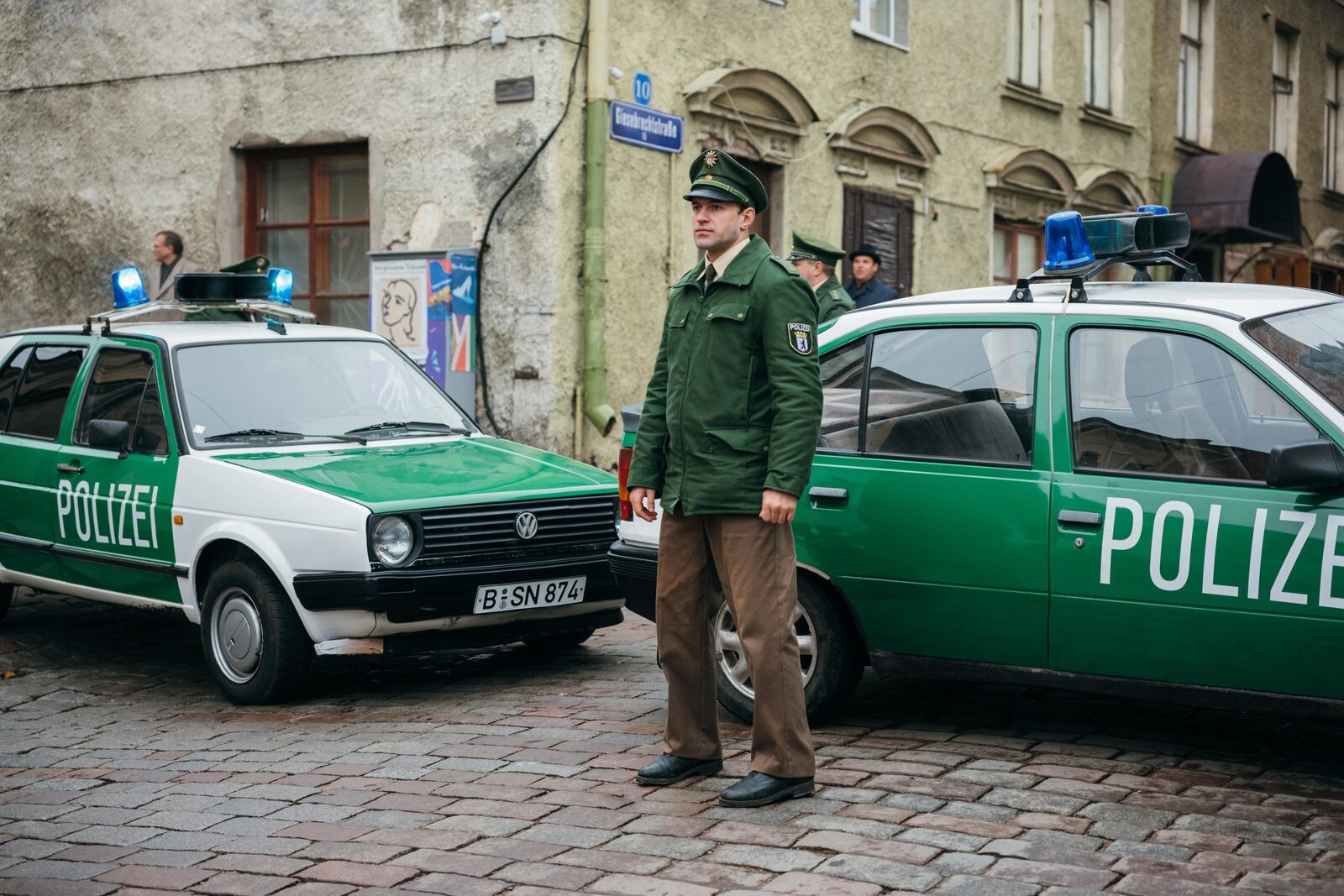
In addition to Gorbachev, there are other real political figures among the characters – for example, Erich Honecker, General Secretary of the SED Central Committee. He is also played by a Russian actor (Anatoly Bataev). The role of Berlin itself was played by the Russian cities of Kaliningrad and Vyborg, but the general panoramas were actually filmed in the German capital – for example, you can repeatedly see the city’s famous TV tower on the screen.
For the series, the authors decided to recreate – however, quite freely – some performances of Berlin’s Friedrichstadtpalast music hall. Its prima donna, the classic fatal blonde Ingrid, is a main character in ‘GDR’. The viewer will even find themselves on the set of one of the famous East German westerns about the Indian Chingachgook. This is where the plot takes one of the characters, an American singer and actor, who was clearly based on Dean Reed, a real left-wing musician who lived and worked in East Germany.
And, of course, what political plot about Cold War Germany would be complete without the Red Army Faction, a left-wing terrorist organization that terrorized West Germans for decades. In ‘GDR’, it quickly turns out that the Red Army Faction is also directly involved in the big espionage intrigue between the KGB, Stasi and CIA.
Dear readers,
Our website and social media accounts are under threat of being restricted or banned, due to the current circumstances. So, to keep up with our latest content, simply do the following:
If using any of Russia Beyond's content, partly or in full, always provide an active hyperlink to the original material.
Subscribe
to our newsletter!
Get the week's best stories straight to your inbox